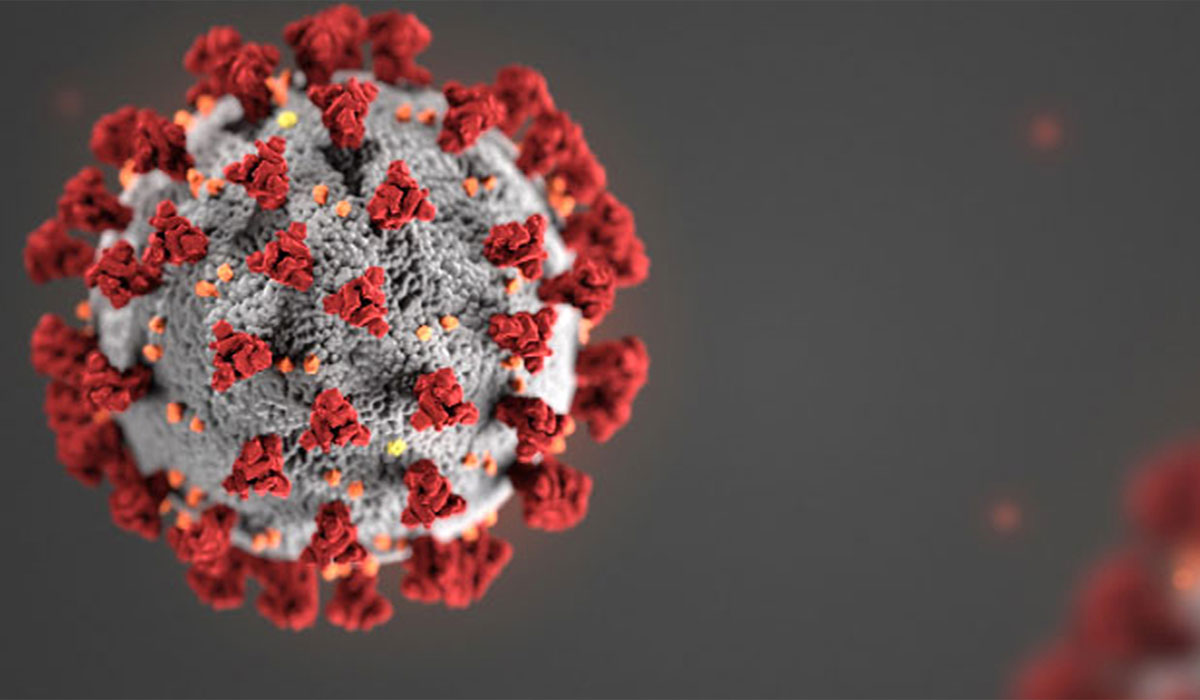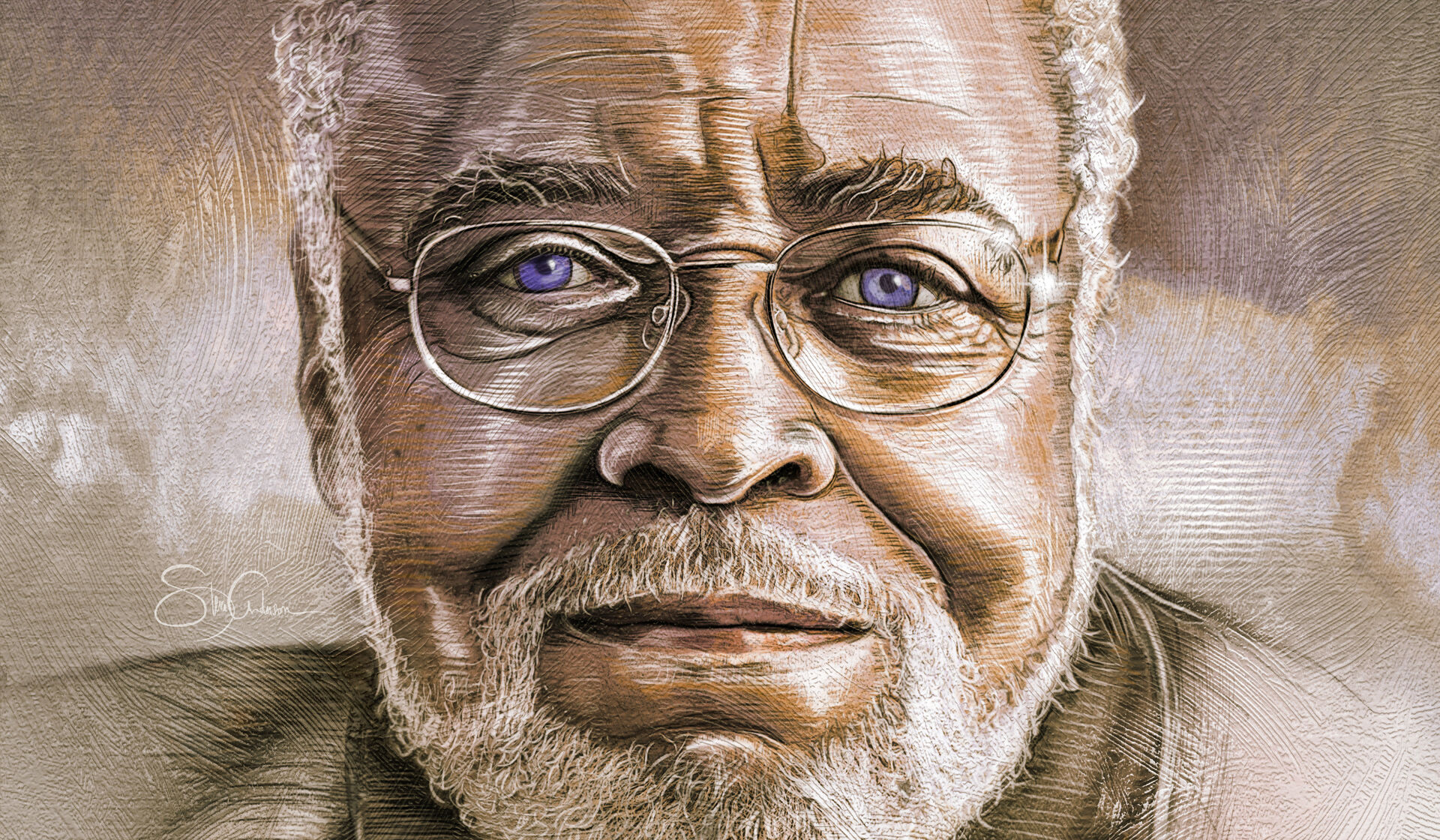On March 11, President Mark Schlissel announced that all three U-M campuses would cancel in-person classes to help “flatten the curve” of COVID-19. But that did not stop communication from the University regarding everything from student updates to health tips.
While the news on COVID-19 is ever-changing, these communications (current as of March 30) can help you better understand what’s happening on campus and guide you through these trying times.
From the University and School of Public Health
- U-M’s Office of Public Affairs regularly updates its coronavirus site to provide the latest information to the University community regarding COVID-19 as well as information on what to do if you suspect you have the virus.
- Experts from U-M’s School of Public Health (SPH) compiled this presentation on the COVID-19 pandemic. Note that it is not intended to provide ongoing updates of this dynamic situation, but to serve as foundational knowledge on a broad range of topics related to coronavirus.
- Why do we need to flatten the curve? One Michigan Health blog shows that taking strong steps now to slow the spread of COVID-19 will help communities and individuals.
- Population Healthy is a podcast that focuses on public health and now specifically on COVID-19 pandemic issues.
- SPH is providing updates and information from faculty experts on issues surrounding the coronavirus, such as how social distancing affects mental health.
- Pandemic Pondering is a daily blog by James Baker, who addresses readers’ questions and concerns regarding the pandemic in concise posts. Baker is the founding director of U-M’s Food Allergy Center and led U-M’s Division of Allergy and Clinical Immunology for 20 years.
Campus Changes and Student Updates
- U-M President Mark Schlissel outlines the guidelines the University has put in place to comply with Michigan Gov. Gretchen Whitmer’s “Stay Home, Stay Safe” order, including spring and summer courses going remote.
- U-M Student Life sent all housing residents an email offering a $1,200 refund to those who were able to move out by March 25.
- For the first time, U-M medical students learned their fate in the National Residency Match program electronically, instead of by snail mail, due to the restrictions in place for COVID-19.
- Acting U-M Provost Susan Collins emailed students on the Ann Arbor and Dearborn campuses March 20 to inform them of an alternative grading policy for the remainder of the winter semester. UM-Flint followed suit soon after.
- MGoBlue.com, the official website of U-M Athletics, provides regular updates on ticket sales and has posted videos, including one featuring many of the University’s top coaches and Athletic Director Warde Manuel urging people to stay home and another in which Assistant Athletic Director Darryl Conway discusses how the pandemic affects U-M athletes.
Coping Tips
- To be sure everyone is washing their hands correctly, Michigan Health made a “Hail to the Handwashers” musical guide that involves both singing and soap.
- U-M’s Center for Positive Organizations has compiled “Enabling People and Organizations in Trying Times,” a series of practices to help people leverage their strengths at this moment in time. Topics include “Building Relationships Amidst Social Distancing” and “Adjusting to the Remote Environment.” New content is added regularly.
- Michigan Health has a special COVID-19 website filled with practical content informing readers on a range of topics, such as how to social distance with children or while cooking.
- U-M’s Counseling & Physiological Services sent students a Mental Health Care Package sharing ways they can combat the loneliness of social distancing, from hosting a virtual game night with friends to digitally exploring art museums around the world.
- The Mary A. Rackham Institute has remained open and is making the transition to teletherapy and other options. The institute offers clinical services that address mental health as well as language and literacy challenges for U-M students, faculty, and staff as well as the public.
- Read how one U-M alumna is handling quarantining with her multigenerational family of six for this undefined pandemic period.
Diversions
- For those who missed filling out a March Madness bracket, the Alumni Association created a different kind of bracket. Based on your nominations, the Favorite Places on Campus Tournament is here. Based on your nominations, the Favorite Place on Campus Tournament resulted in a win for … The Big House!
- Check out the Alumni Association’s Activities Zone with UM-themed coloring pages and crossword puzzles. Michigan Athletics also created coloring pages of athletic contests for kids (but adults will like them, too).
- What could be more peaceful than staring out at a lapping Walloon Lake from a grassy hill? Thanks to Camp Michigania’s webcam, you can do just that at all hours of the day.
- The University Musical Society created a playlist with flutist Sir James Galway, whose 80th birthday celebration performance at Hill Auditorium on March 27 was canceled due to the restrictions caused by the coronavirus. The playlist consists of works planned for his recital as well as selections from each of his 13 previous performances on campus dating back to 1978.
- Browse the collection at the U-M Museum of Art, listen to the Penny Stamps Lecture Series, or take a Michigan Online class to sharpen an existing skill—all from the comfort of your living room. Check out your options on this list of courses, exhibits, and speakers.
- Bored by your Zoom background? Both U-M Social and U-M’s School of Information are providing a gallery of backdrops to add a bit of campus to your video calls.
- The Zero to Thrive team at Michigan Medicine, which provides families with supportive treatment and tools for nurturing, created a coloring book for kids called “Georgie and the Giant Germs.” It is aimed to help caregivers discuss COVID-19 with children.
Go Back in History
- Learn how some of the techniques health care professionals are currently using to protect themselves and other patients from getting COVID-19 date back 150 years and were offered at U-M’s 24-bed Contagious Hospital, which opened in 1914.
- U-M’s Center for the History of Medicine and Michigan Publishing have compiled a digital influenza encyclopedia that has become the preeminent online repository for historical documents on the American influenza pandemic of 1918-19. Made up of medical journal articles, military reports, and other documents, it allows users to search by people, places, organizations, and subjects, such as “Circuses,” which pulls up 16 articles on circus shows being canceled in 1918.





